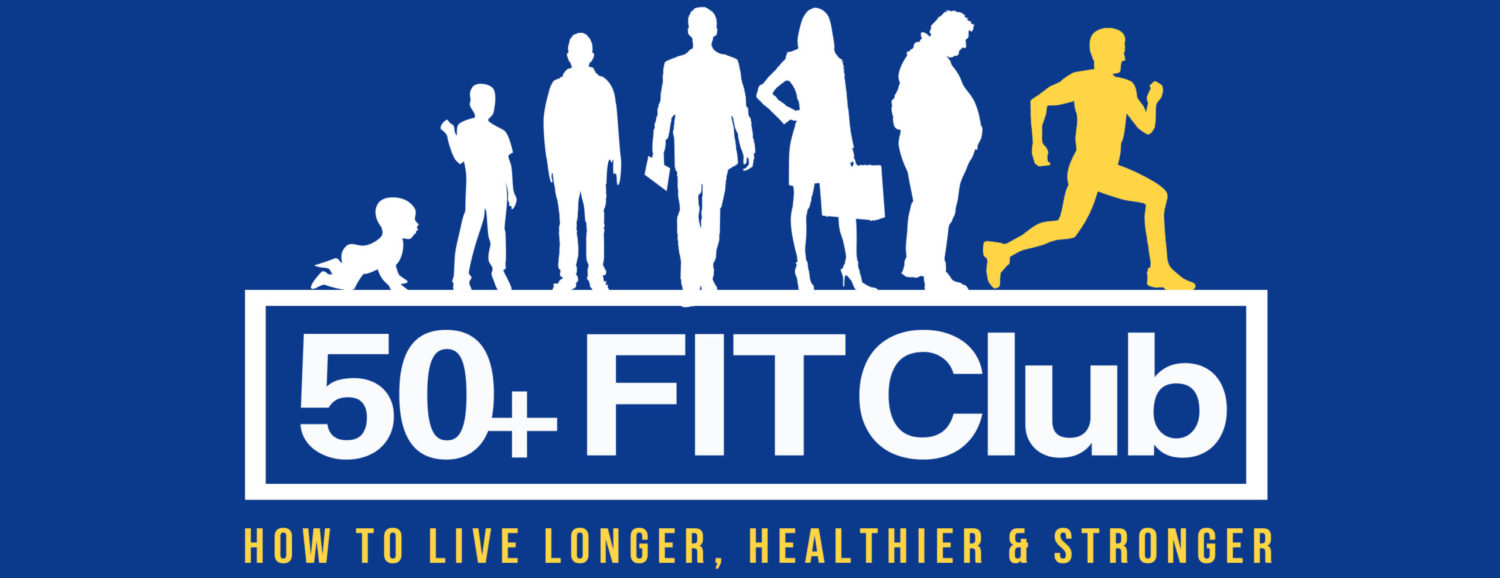
People often wonder if they need to take nutritional supplements or do they even work. Some feel that they are an essential part of their fitness nutrition program. Others believe that they are just a big marketing scam and have little to no real value. So what’s the real story?
Like in most cases, the truth usually lies somewhere in the middle. Supplements are not magical elixirs that will transform you into a superman or superwoman. Neither are they useless snake oil that will do nothing but empty your pockets. Supplements are food concentrates or derivatives that can allow you to target specific nutrients in a measured form beyond what you could possibly get from only eating whole foods. They can be things you believe you need extra amounts of like specific vitamins or minerals, protein powders, fish oils, etc. Or they can be isolated substances that are believed to create or effect a desired response like creatine, beta-alanine, ginseng, glucosamine, etc. They can be individual items or specific formulas.
So, do you need them? The first category of supplements, food concentrates or derivatives like multiple vitamins or protein powders are commonly used because people simply feel they cannot get an optimal amount from their diet alone. The second category contains items that are believed to help maximize or improve some desired aspects of health and fitness like creatine for strength, energy drinks, or even “fat burner” formulas. One key that you should always remember is that getting a quality diet properly implemented is the first step. Any supplements used should be in addition to your base, high-quality healthy diet. Beyond this, if you feel the need to add items that you may be lacking in or find it difficult to consistently acquire in the right amounts through food alone, then supplements are an option to be explored.
Caution needs to be taken in the category of performance enhancement or health benefit claims. Always research carefully any items that you are considering using. While some things like creatine and beta-alanine have quality supportive research behind them, other items are not so well endorsed and the claims may not match the effects. And again, even the supplements that perform as advertised are not a substitute for your base diet or hard, consistent work in the gym. A “fat burner” won’t help you if your diet is bad. The extra protein will do nothing if your calories are too low, or if you’re already getting plenty of protein, and creatine will have no positive effects on your strength if you’re not training hard and consistently.
In a world with less than ideal options for always getting food of the best quality or eating exactly the way we’d like, trying to get all of your critical nutrients from whole foods sources can be difficult. If you feel you’re lacking in important essentials, then look for the highest quality nutritional supplements you can find, as opposed to the “mega dose”, and consider things like cold-processed. all-natural multiple vitamins and minerals, omega 3 fatty acids, antioxidants, probiotics, etc. If you’re more advanced and feel that your performance and results can be improved by implementing some key supplements (and your diet and training are on point) then you can research and explore your options and try things that are in line with your goals. Don’t expect magical results. Supplements are not drugs and if you’re getting a “drug-like” response from one then toss it as it’s not what is supposed to be and may contain things that can in the long-term cause you problems.
Supplements are just that, something to have in addition to your normal diet as an extra insurance option for targeted nutritional support. Personally, I use them to maximize energy and training intensity/performance, and to provide the nutrients I feel I need to help maximize recovery. I also use supplements to ensure I am getting an optimal amount of protein and vitamins and minerals for my activity level and needs. For reference, I train 5 days a week and have been doing so for decades.
Nutritional supplements are not magical But they can be useful for people in providing needed key nutrients beyond what they get from their diet. High-quality supplements can contribute to overall health and wellness. Will they improve your fitness progress? Some say no, others believe yes. A lot depends on your level of fitness involvement. If your activity level is high enough and your training intensity is maximized, then using nutrition supplements may be beneficial to your pursuit of optimal fitness.
For Info On More Supplements, Nutrition and Training – Click Here!




Leave a Reply